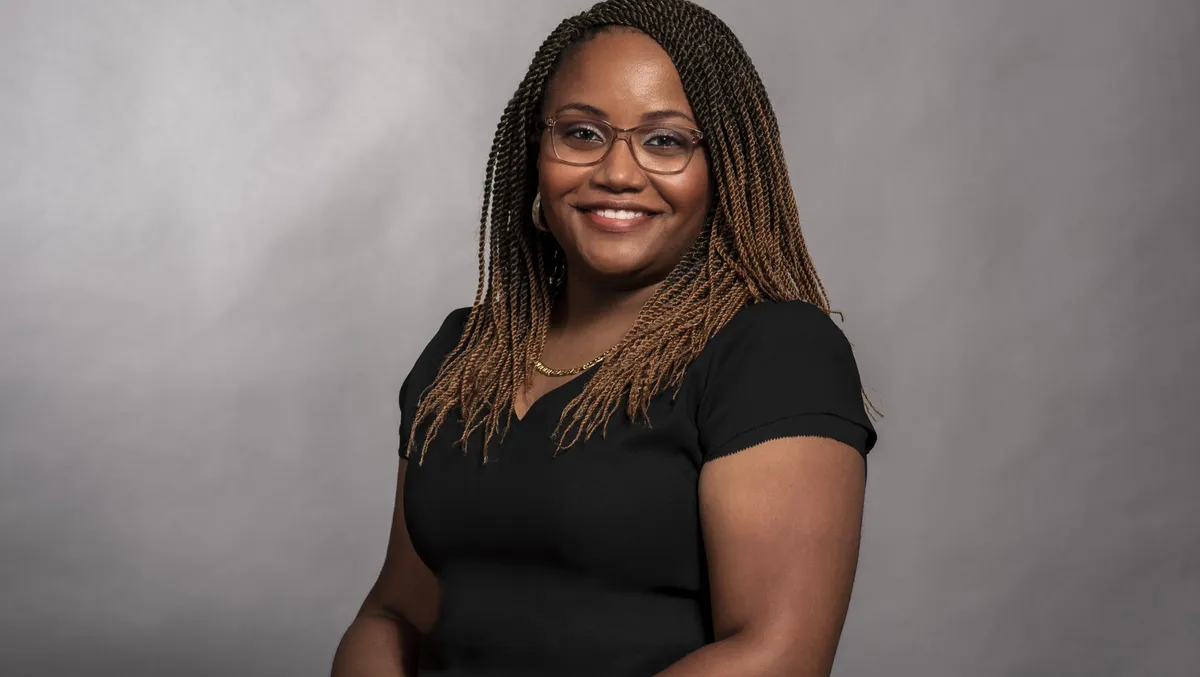
IWD 2023: Creating opportunities through education and sponsoring
This year's official theme for International Women's Day is "DigitAll: innovation and technology for gender equality", with the intention to shed a light on the importance of education in the digital age for empowering all women and girls.
I couldn't agree more with this theme, and that's because we have reached a stage in the gender equality fight that requires us to go beyond simply including women more.
This is very much the case in the technology industry, where many organisations do have programs in place to recruit more women but no real structured program for empowering women in the long term.
Making our digital world more gender-balanced requires both including more women in tech roles, as well as creating an environment for them - and the new generation of female workers - where they can keep on growing and advancing.
It starts with truly listening and creating learning opportunities
Rolling a one-fits-all program to support women's career progression isn't appropriate. It seems obvious, but you would be surprised how many gender equality programs are based on already pre-existing frameworks that don't take into account individual needs.
Every program aimed at supporting and empowering women - or anyone else for that matter - needs to start with truly listening to every individual's needs and ambitions.
In the case of my current role, I emphasise regular exchanges between the Inclusion and Diversity Committee, and the employee resource groups, all the way to senior leadership.
That's step one.
Step two is taking action and rolling out tailored development programs, as well as identifying people with the potential to be great managers who show empathy and support others, people with all the qualities needed to be great leaders, and so on.
The final step is then to build up not only the talent pipeline that can get these individuals on the road to leadership, but providing an environment where people are free to learn, be heard and have the difficult - but respectful - conversations that make the whole company stronger.
More than mentoring, women need sponsoring
It's one thing to take someone under your wing and advise them (mentoring), but it's something totally different to be their advocate and speak their name in the room with the top decision-makers at a company (sponsorship).
In one of its studies, global non-for-profit organisation Catalyst, which is dedicated to helping build workplaces that work for women, showed that the lack of sponsorship was one indicator of what's really been holding many women back and excluding them from organisations' most influential networks.
Sponsorship can take many forms, from sponsoring women's attendance at tech conferences to offering them training that can help develop their skill sets.
Some other initiatives that have proven very impactful include finding women leaders who can shadow other women - perhaps someone with less professional experience or students - to see what their workday is like, which will help them understand what it takes to be a leader in the tech space.
It is the role of these 'sponsor' leaders to ask what their protégées' interests are, then use their connection and influence within the industry to connect them with other leaders who are doing great things in that space.
It's also about preparing protégées for the complexities of new roles or assignments.
In that sense, sponsoring is about having a very proactive and long-term approach aimed at empowering someone's career based on their own personal needs, aspirations, and skill sets.
Done well, sponsorship can serve as a highly effective intervention to accelerate women career's velocity.
Don't forget to keep in touch
One of the biggest obstacles on the way to management positions for women is the interruption of their professional careers because of maternity leave. During their career break, women often feel disconnected from their careers and their colleagues.
Companies should therefore offer them the opportunity to continue to exchange ideas with their colleagues - of course, always within the framework of labour law regulations.
Erasing the gender gap will take many more years, but I think we are really at a cornerstone because we are now not only asking the question of "What does inclusion look like?", but the more important question, "What can be meaningful in the long term for women?".
Organisations that genuinely listen and proactively provide education and sponsoring opportunities, as well as ensuring women have that regular opportunity for a career progression check-in at different stages of their personal lives, are on the right path.

